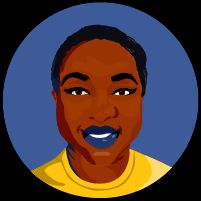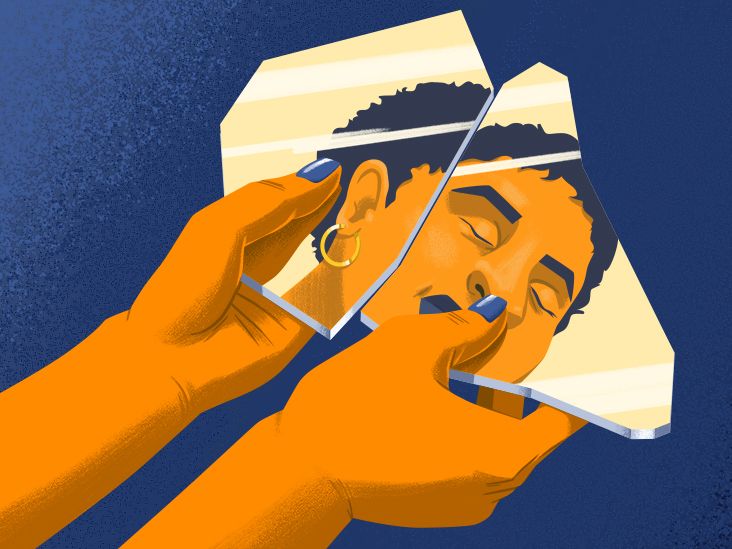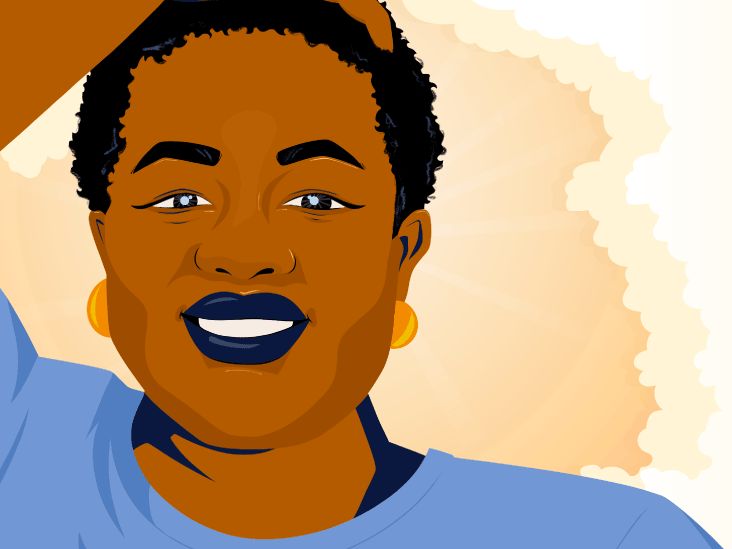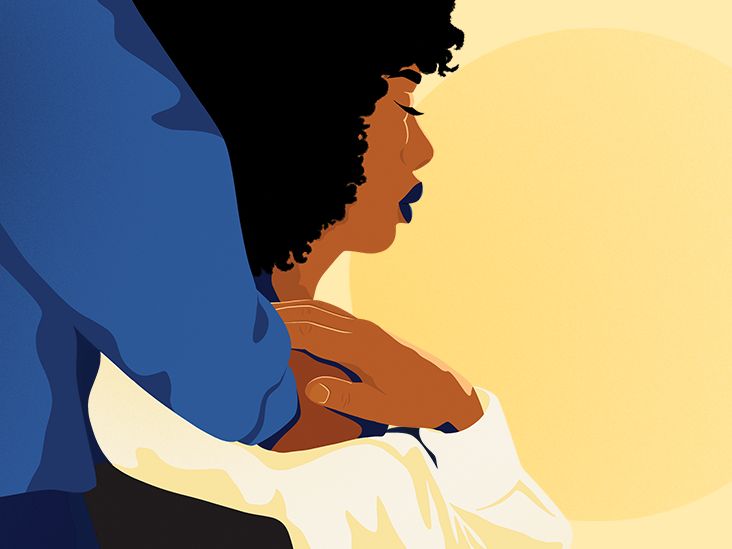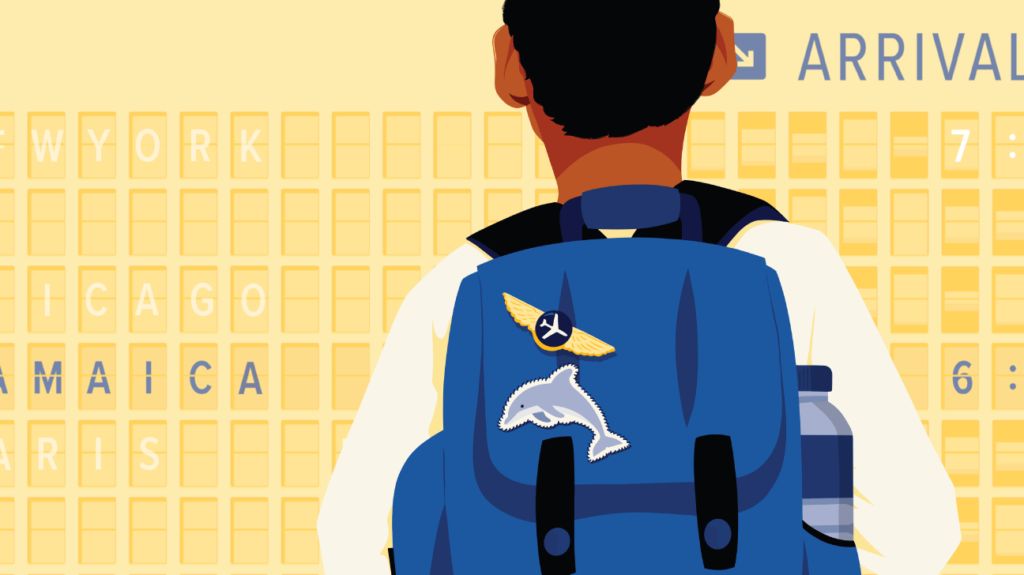
When you think of Charles De Gaulle, what do you think of, if anything? The former president of France? The Paris airport? One of the first thoughts that come to my head is inclusive travel.
Stay with me here because this story is a multigenerational one.
In a time when few people were familiar with autism, the Charles De Gaulle Paris airport was where my mom discovered firsthand just how challenging my baby brother’s sensory challenges were.
In the early 1990s, my baby brother was, as he is now, nonverbal, intellectually disabled, and autistic. He was somewhere in his early elementary school years, and my mom decided to travel to Nigeria with him.
Nigeria is our ancestral home, so she knew that she’d have lots of extended family members once she landed.
In the hustle and bustle of traveling with a young child, my mother missed her initial flight to Nigeria. It was from Chicago O’Hare Airport and had a layover in Paris.
The original 7-hour wait period turned into a much longer stay, so my mom and brother spent the night at the airport.
My mom, an ICU nurse, was trained in staying awake overnight. But she still was no match for my baby brother’s energy.
When she saw him fall asleep, she did the same. But my mom didn’t realize my brother would wake up and take his own tour around one of the busiest airports in Europe.
My mother woke up to her worst nightmare. She looked around, and her child was nowhere to be found.
To compound matters, my mom didn’t speak French. Regardless, she frantically ran to law enforcement officers, flight attendants, and fellow passengers, asking them if they had seen a little boy wandering around.
It was only natural for her darkest thoughts to make their way to the front of her mind. Was her son kidnapped? Could something worse have happened?
A few minutes took on the feeling of several hours.
After searching and not finding him, my mom walked around the airport. Then, she looked up and saw my brother happily riding an escalator. He had apparently been going up and down for a while.
This little boy had woken up in the middle of a busy airport surrounded by strangers speaking primarily a different language. In the midst of what could have been an extreme sensory overload, my brother connected to what felt familiar: An escalator.
He knew how they operated, and the repetition of going up and down gave him joy.
Without coping mechanisms developed with the help of modern-day therapy, my brother’s sensory challenges only multiplied with age.
Eventually, my parents decided to have him travel mostly by car, if at all.
My brother’s world shrunk over time from periodic air travel to Europe and Africa to infrequent rides in a car throughout the Midwest.
I witnessed many times how his sensory challenges required more than just his own perseverance. Managing them required a village — one that wasn’t yet available in that era.
What I didn’t know then is that I’d grow up to have two children on the autism spectrum myself. They both live with sensory challenges associated with airplane travel. That has made me highly reminiscent of those days attempting to travel with my younger brother.
I wanted a life where domestic and international travel was possible for my family. So, my husband and I set that goal from early on. We shared it with our children’s behavioral, physical, and occupational therapists. They responded accordingly by creating social stories for our children whenever we scheduled travel time.
We first started by taking longer road trips. This helped our children get used to spending time in confined spaces.
The trips were usually to and from their therapy sessions — a 20-minute ride.
The therapists helped by teaching the kids how to keep occupied for specific periods. Then, they’d be less likely to react to certain stimuli.
One day in 2018, we signed up for the American Airlines “It’s Cool to Fly“ program. This was an initiative set up to expose autistic children to airline travel. The program involved taking children on a mock flight, airport security, boarding, and taxing.
My family was blessed with this experience that helped them get ready for more flights in their future.
In 2020, we already had a couple of plane and road trips under our belts. We felt ready to give international travel a try. But COVID-19 had other plans, and we had to postpone our family’s first vacation.
This year, though, after getting everyone in the family vaccinated, we traveled to Beaches Resort Ocho Rios in Jamaica. We enjoyed some rest and relaxation at the Caribbean’s first autism-certified resort.
For the first time in our family’s history, we traveled together to a destination that had professionals trained in caring for children on the spectrum.
My husband and I filled out a detailed questionnaire that helped resort staff better understand our children’s preferences, sensory challenges, and coping mechanisms.
Autism-certified aides came to our hotel suite and picked up our children for long afternoons of play alongside kids their age.
A culinary concierge was on site. They communicated my daughter’s allergies to all resort restaurants.
We enjoyed experiences as a family with various people in hospitality who catered to our family’s needs, resulting in memorable experiences for all, like swimming with dolphins on Christmas Day.
It was the kind of family vacation I couldn’t experience with my parents and brothers in the previous generation. This autism-certified designation, provided by the International Board of Credentialing and Continuing Education Standards (IBCCES), simply didn’t exist.
What many others took for granted in the pre- and post-COVID-19 era, we finally embraced and reveled in.
My husband and I hadn’t experienced rest and relaxation of that magnitude in years. We enjoyed a peace of mind that still cannot be fully put into words.
For the sake of families like mine, I hope that more travel destinations make it a point to obtain such a certification. Travel should have the full array of potential consumers in mind.
This specific resort decided to do just that and gained a loyal customer base in my family. God willing, we’ll be back.
